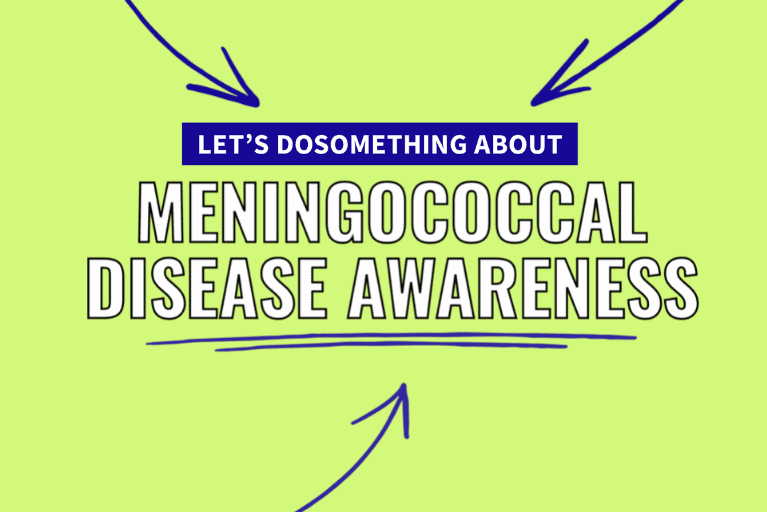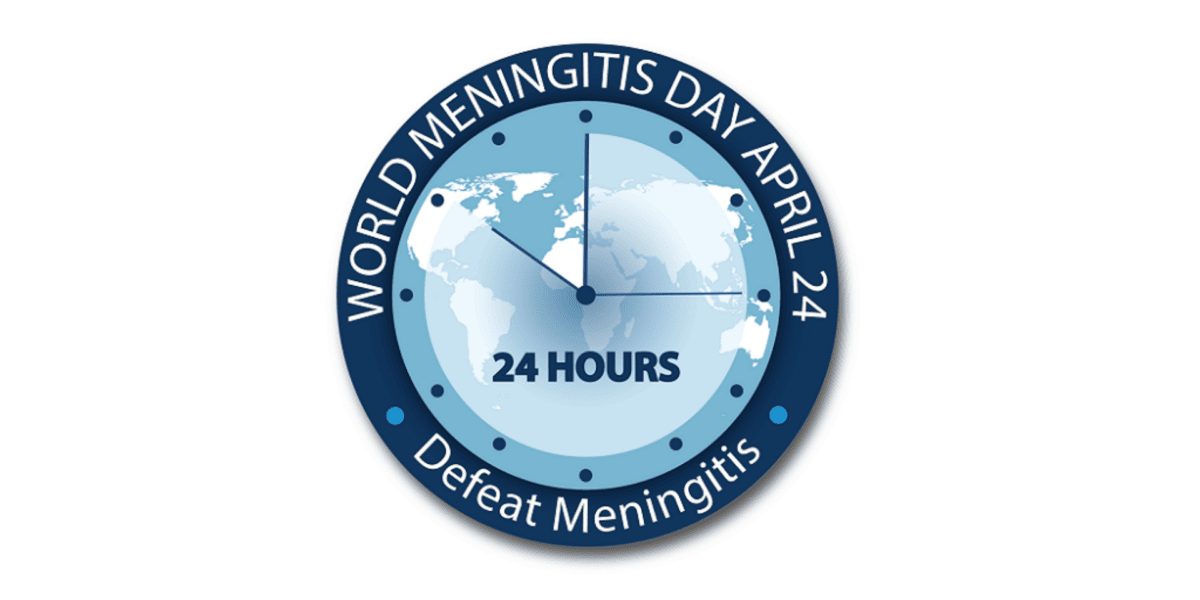
Special thanks to William Schaffner, MD, NFID Medical Director and Professor of Preventive Medicine and Infectious Diseases at Vanderbilt University School of Medicine, for this guest blog post on the recent Advisory Committee on Immunization Practices (ACIP) meningococcal serogroup B immunization recommendation.
The question before ACIP sounded simple: Should adolescents and young adults be routinely immunized for meningococcal serogroup B? The answer required hundreds of hours of discussion and deliberation among the dedicated group of clinicians and public health experts who serve on ACIP and its Meningococcal Vaccine Working Group.
ACIP approved a Category B recommendation for meningococcal serogroup B vaccination for adolescents and young adults age 16 through 23 years. A Category B, or permissive recommendation, is made for individual clinical decision making. While it stops short of a routine recommendation, in essence it paves the way for everyone in the recommended age range to get vaccinated if he or she, or in this case more likely his or her parents, wants it. The preferred age for meningococcal B vaccination is 16 through 18 years. There are currently two licensed meningococcal B vaccines in the US. No product preference was expressed although the same vaccine product should be used for all doses in the series.
The permissive recommendation for meningococcal serogroup B vaccination reflects the science of the disease, takes into account many practical issues in vaccine delivery, and offers the widest range of solutions for patients and their families, healthcare providers, and the healthcare system.
With a permissive recommendation in place, the Vaccines for Children (VFC) program will provide serogoup B vaccines at no cost for eligible children who might not otherwise be vaccinated due to an inability to pay. All indications are that private insurers will also cover serogroup B vaccine. One caveat—it will take time for the administrative tasks of coverage to be ironed out and insurers don’t work in unison. While a few may have coverage in place before kids go off to college this year, many will not.
This recommendation also allows college health officials to decide what’s right for their students. If they recommend or require the serogroup B vaccine for incoming freshmen, a policy many will likely consider, they can be comfortable that they are not putting an undue financial burden on students and their families.
We worry about college outbreaks because one case has the potential to turn into many due to the close living and learning environments on campus. NFID published a summary of recent serogroup B outbreaks on US college campuses as well as a report addressing the challenges of campus serogroup B outbreaks.
Although college outbreaks are newsworthy, cases occur in young adults regardless of college enrollment. While isolated cases in the community may not make the news, parents of non-college bound adolescents need, and have with this permissive recommendation, the ability to access the vaccine for their children.
The age for vaccination was also a point of much discussion. While a platform exists for adolescent vaccination at age 11 to 12 years, unanswered questions about the duration of serogroup B vaccine protection argue for later vaccination. These vaccines will be protective for at least two years, but we don’t yet know more than that. Providing vaccination at age 16 through 18 years will maximize protection during the time when adolescents need it most. ACIP recognizes that it is harder to get older adolescents into healthcare provider offices and that it will take a concerted effort to educate parents to ask for the vaccine.
ACIP will continue to monitor incidence and make changes to the recommendations if warranted.
Healthcare professionals (HCPs) must be prepared. They should know the incidence and severity of the disease as well as current immunization recommendations and rationale. Stock it, provide it, or know where to send patients to #GetVaccinated!
Register now for the upcoming free NFID webinar on Wednesday, July 1, 2015 at 12 PM ET for additional discussion about the meningococcal B recommendation as well as other ACIP meeting updates.
To join the conversation, follow NFID (@NFIDvaccines) on Twitter, like NFID on Facebook, join the NFID Linkedin Group, and subscribe to NFID Updates.
Related Posts

ID News of Interest: Bird Flu, Measles, and Meningococcal Disease
CDC issued health alerts on bird flu, measles, and meningococcal disease. Read the latest news including insights and explanations from infectious disease experts …

Debunking 5 Common Health Myths
Although the COVID-19 pandemic has clearly demonstrated the importance of public health, the prevalence of medical misinformation online is making it harder than ever for young people to tell the difference between fact and fiction when it comes to protecting their own health

5 Things You May Not Know About Meningitis
Each year, World Meningitis Day highlights the importance of prevention, diagnosis, treatment, and improving support for those dealing with the potentially devastating after-effects of this deadly disease
